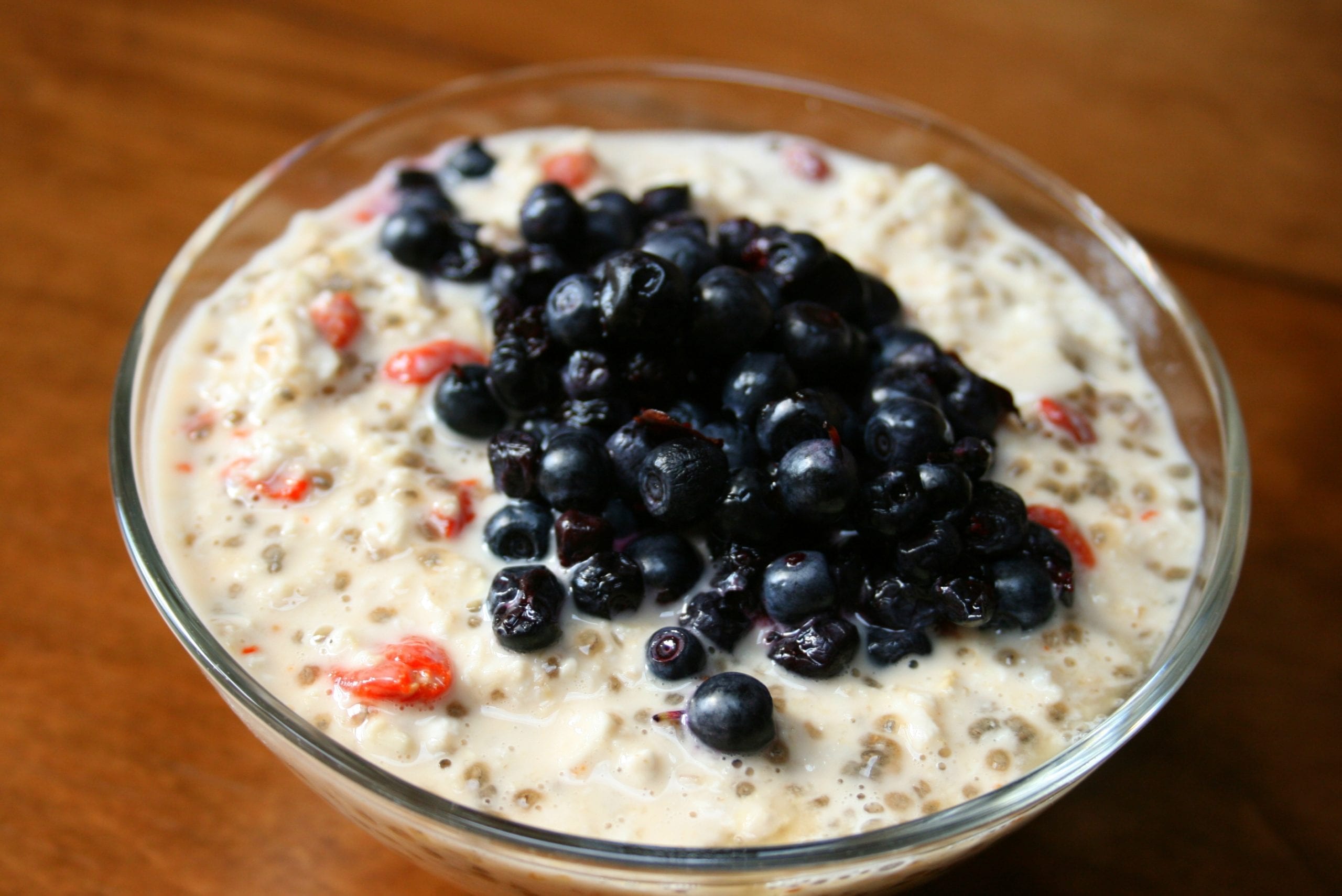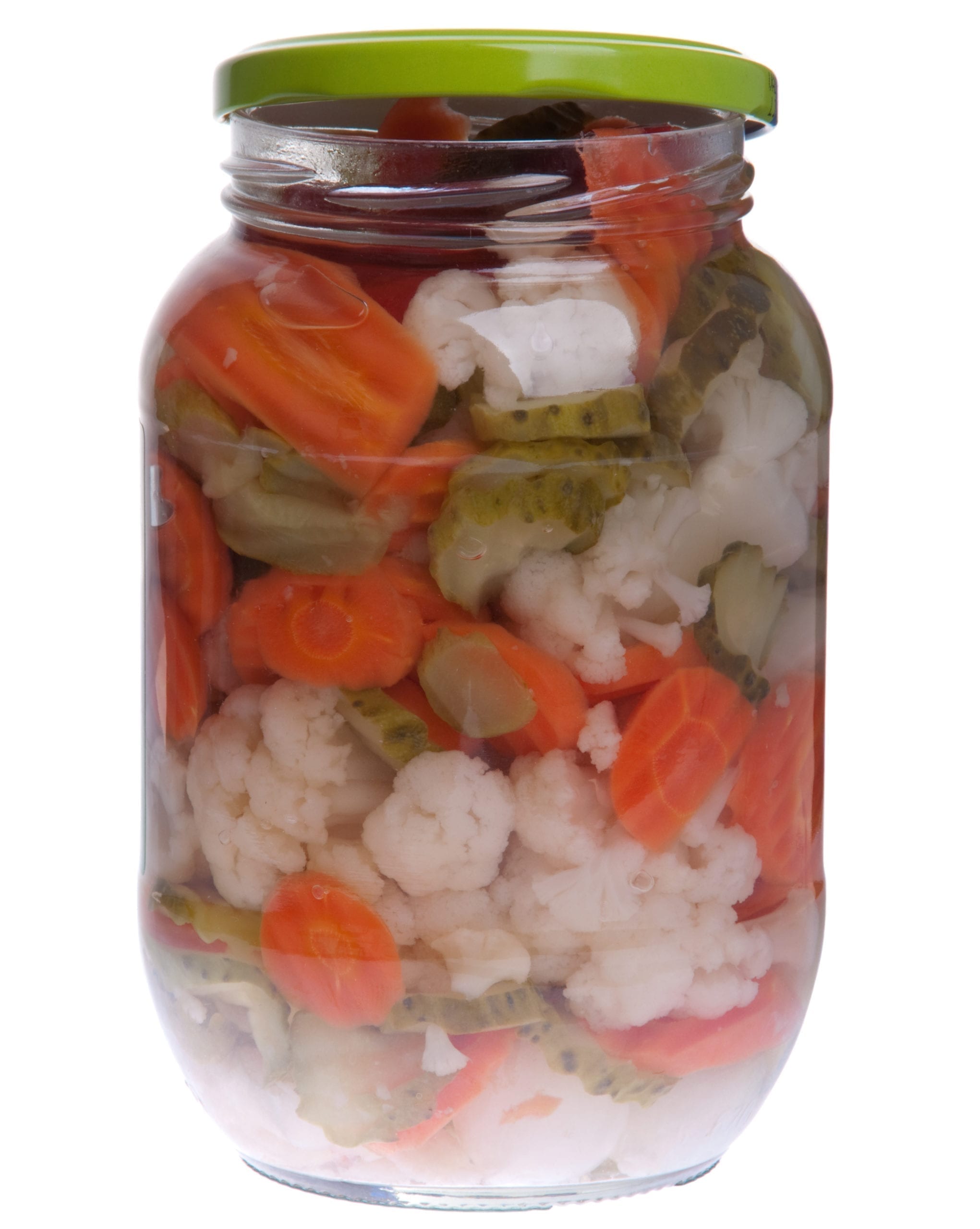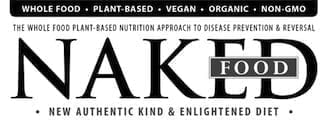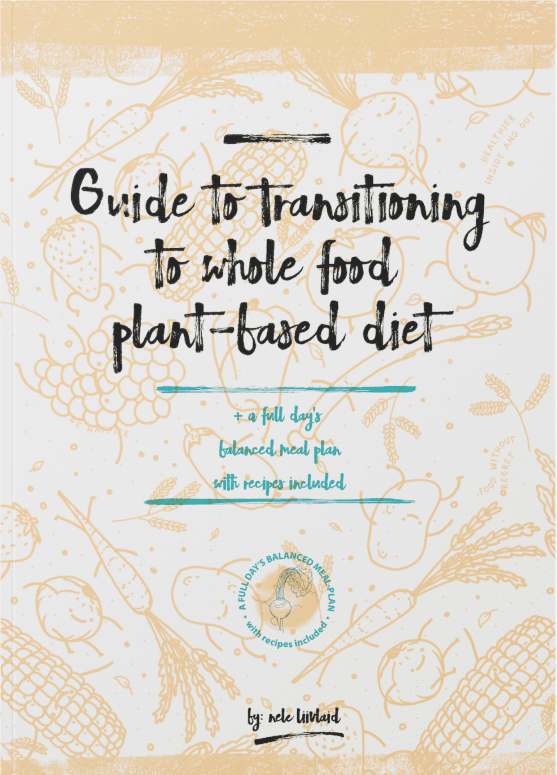I experienced the benefits of fermented foods myself very recently – my doctor asked me to take probiotics in a pill form to balance my micro flora after an illness. Instead I bought some sauerkraut and started munching. Just after a day I felt a lot better, and my micro flora is well balanced now without any pills.

So far I have fermented oats and buckwheat resulting in oat yogurt and fermented buckwheat bread. These are both worthy to try out.

You can ferment whichever grains and vegetables you like.
What are fermented foods?
Fermented foods are foods produced or preserved by the action of microorganisms. Fermentation typically refers to the fermentation of sugar to alcohol using yeast, but other fermentation processes involve the use of bacteria such as lactobacillus, including the making of foods such as yogurt and sauerkraut. Many pickled or soured foods are fermented as part of the pickling or souring process, but many are simply processed with brine, vinegar, or another acid such as lemon juice. (1)
Fermented foods have always been in our ancestor’s diet.
At ancient times (and still in some parts of the world) it was/is more of a necessity rather than knowledgeable choice to ferment the foods – it was/is just a way to preserve them, the health benefits came as a bonus. (2)
Why eat fermented foods?
- Nutrients – natural fermentation of foods has also been shown to preserve nutrients in food and break the food down to a more digestible form. This, along with the bevy of probiotics created during the fermentation process, could explain the link between consumption of fermented foods and improved digestion. (2)
Some fermented foods are outstanding sources of essential nutrients such as vitamin K2, which help prevent arterial plaque build-up and heart disease. Fermented food is also a potent producer of many B vitamins. (3) - Immune system – about 80% of your immune system is actually located in your gut. (3) Eating fermented foods will introduce beneficial bacteria into your digestive system and help the balance of bacteria in your digestive system. (2) Probiotics aid in the production of antibodies to pathogens. This makes a healthy gut a major factor in maintaining optimal health. (3)
- Detox – the beneficial bacteria in these foods are highly potent detoxifiers, capable of drawing out a wide range of toxins and heavy metals. (3)
- Low-budget – fermented foods can contain 100 times more probiotics than a supplement! As long as you vary the fermented and cultured foods you eat, you’ll get a much wider variety of beneficial bacteria than you could ever get from a supplement. (3) Just add a little to each meal – even once a day is better than nothing.
- Preserves food – homemade salsa doesn’t last long in the fridge – fermented homemade salsa lasts months! The same goes for sauerkraut, pickles, beets and other garden foods. Lacto-fermentation allows you to store these foods for longer periods of time without losing the nutrients like you would with traditional canning. (2)
Important – be sure to follow sanitation rules carefully when preparing fermented foods.
In China for example, where refrigerators are rare, preserving vegetables by a combination of fermenting and salting is common. Fermentation per se may not be the problem as much as the way in which it is done. Bacteria and molds often intrude into the process triggering the sequence leading to cancer. (4)
Sources:
1. http://en.wikipedia.org/wiki/List_of_fermented_foods
2. http://wellnessmama.com/2245/health-benefits-fermented-foods
3. http://articles.mercola.com/fermented-foods.aspx
4. http://nutritionstudies.org/stomach-cancer-china





































